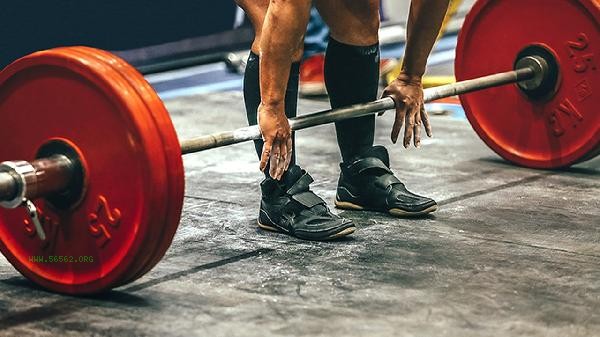Adding an appropriate amount of electrolytes or vitamins while exercising can help maintain athletic performance, but excessive supplementation may increase gastrointestinal burden. Sports hydration requires adjusting the ingredients according to intensity, duration, and individual constitution. Common additives include electrolyte powder, vitamin effervescent tablets, lemon juice, etc.

1. Electrolyte supplementation
When high-intensity exercise lasts for more than 1 hour, sweat loss can lead to electrolyte imbalances such as sodium and potassium. Moderate addition of electrolyte powder or consumption of sports drinks containing salt can prevent muscle spasms and hyponatremia. However, regular low-intensity training does not require additional supplementation, and excessive intake may increase the metabolic burden on the kidneys.
2. Vitamin addition
Vitamin C or B vitamins effervescent tablets dissolved and consumed can help alleviate oxidative stress after exercise. Citrus fruit juice is rich in natural vitamin C, but acidic components may irritate the gastrointestinal mucosa during exercise. Diabetes patients should pay attention to controlling the intake of sugary vitamin drinks.
3. Protein Mix
Whey protein powder mixed with water is suitable for supplementing after strength training and can promote muscle repair. However, drinking high protein liquids during exercise may slow down gastric emptying and cause bloating. Individuals with renal dysfunction should avoid high protein hydration during exercise.

4. Caffeine intake
Adding a small amount of caffeine can improve endurance exercise performance, but excessive intake can lead to rapid heart rate or increased urination, exacerbating dehydration. It is recommended to control within 200 milligrams and avoid exercising before bedtime. People with hypertension should be cautious when choosing sports drinks containing caffeine.
5. Use of sugar substitutes
Sugar free sports drinks commonly use sugar substitutes to adjust taste, and their zero calorie characteristics are suitable for people who want to lose weight. However, some sugar substitutes may cause gastrointestinal bloating or diarrhea, and long-term excessive intake may affect the balance of gut microbiota. It is recommended to choose natural sweeteners such as erythritol for greater safety. Fitness hydration should be personalized according to the type of exercise. For moderate intensity aerobic exercise, it is recommended to supplement 150-200 milliliters of warm water every 20 minutes. After strength training, functional drinks containing branched chain amino acids can be chosen. Avoid drinking a large amount of water at once, which can lead to hyponatremia. Within 2 hours after exercise, replenish 150% of lost water in installments. Daily observation of urine color can determine whether hydration is sufficient, with light yellow being the ideal state. For individuals with special constitutions or heart and kidney diseases, it is recommended to develop a hydration plan under the guidance of a nutritionist.








Comments (0)
Leave a Comment
No comments yet
Be the first to share your thoughts!